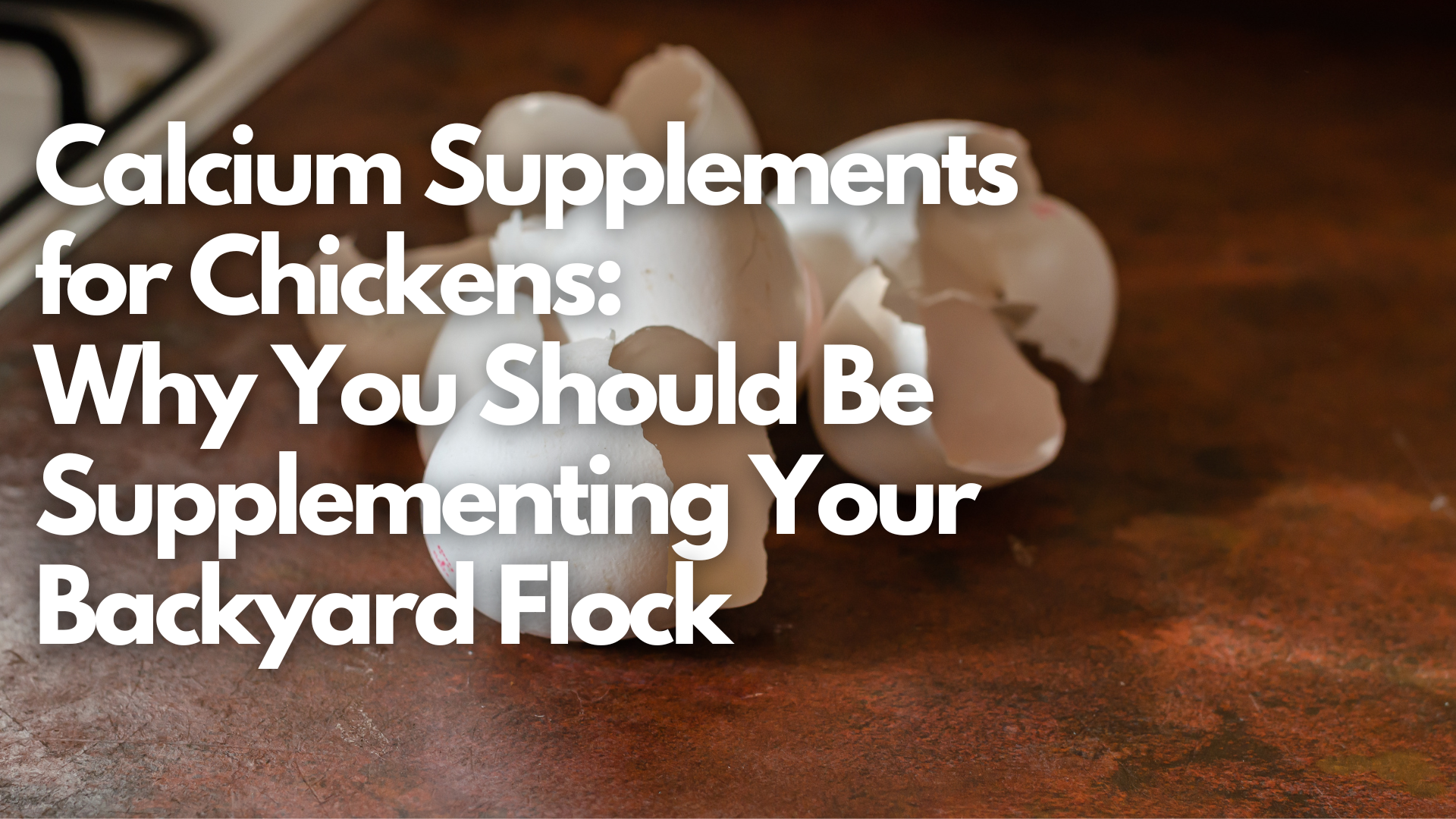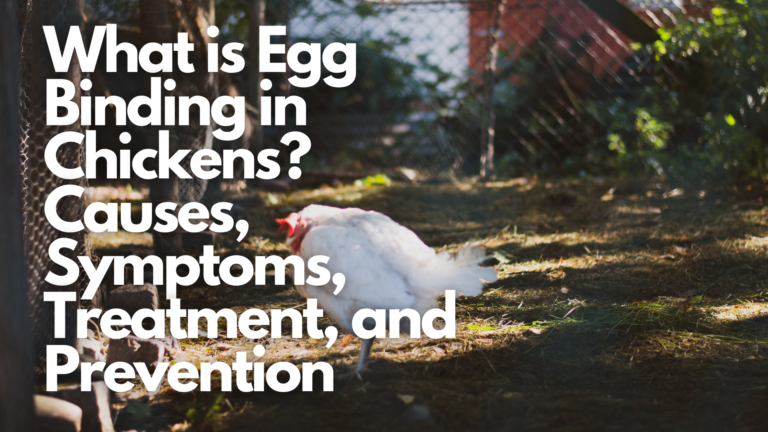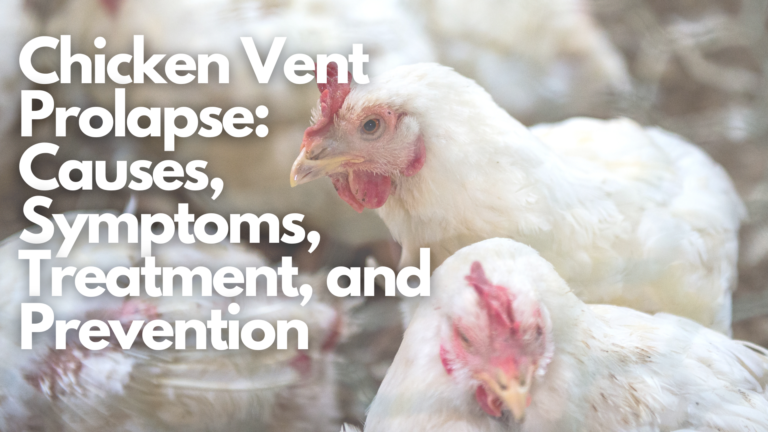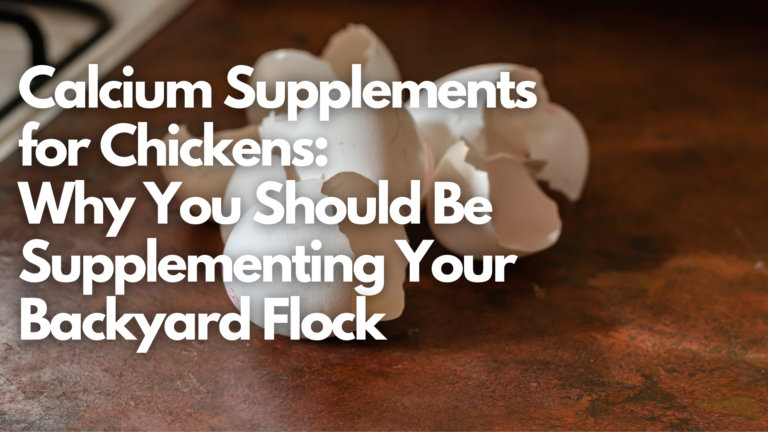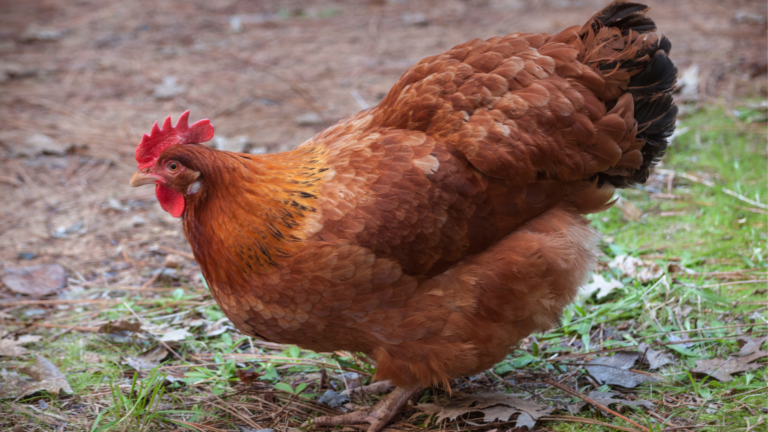Proper nutrition is essential for maintaining the health and well-being of your backyard flock. Calcium, in particular, plays a crucial role in their overall development and reproductive health.
While chickens naturally obtain calcium from various food sources, providing them with calcium supplements can be highly beneficial.
Today, we’ll explore the importance of calcium for chickens, the benefits of calcium supplements, different types of supplements available, dosage recommendations, and tips for incorporating calcium supplements into a chicken’s diet.
Why is Calcium Important for Chickens?
Calcium is a vital mineral that supports numerous physiological functions in chickens. It is particularly crucial for their bone development, eggshell formation, muscle contraction, nerve function, and blood clotting. Adequate calcium levels ensure strong bones and eggshells, reducing the risk of fractures and other skeletal problems.
Further, sufficient calcium is necessary for proper egg production and the prevention of egg-related health issues such as egg binding.
The Benefits of Calcium Supplements for Chickens
- Strong and Healthy Bones: Calcium supplements help provide chickens with the necessary mineral to develop and maintain strong bones. This is especially important for young chicks during the growth stage.
- Eggshell Quality: Calcium is a critical component of eggshells. Supplementing chickens’ diet with calcium ensures that they have enough resources to produce strong and properly formed eggshells. This reduces the likelihood of thin, weak, or cracked shells, which can lead to egg breakage or calcium deficiency in the hen.
- Reproductive Health: Proper calcium levels are essential for the normal functioning of a chicken’s reproductive system. Calcium supplements can help prevent issues like egg binding, where an egg becomes stuck in the oviduct, potentially leading to serious health complications such as vent prolapse.
- Overall Health and Vitality: Calcium plays a role in many physiological processes, including muscle contraction, nerve function, and blood clotting. By providing sufficient calcium, you contribute to the overall health and vitality of your chickens, supporting their immune system and reducing the risk of various health problems.
Types of Calcium Supplements for Chickens
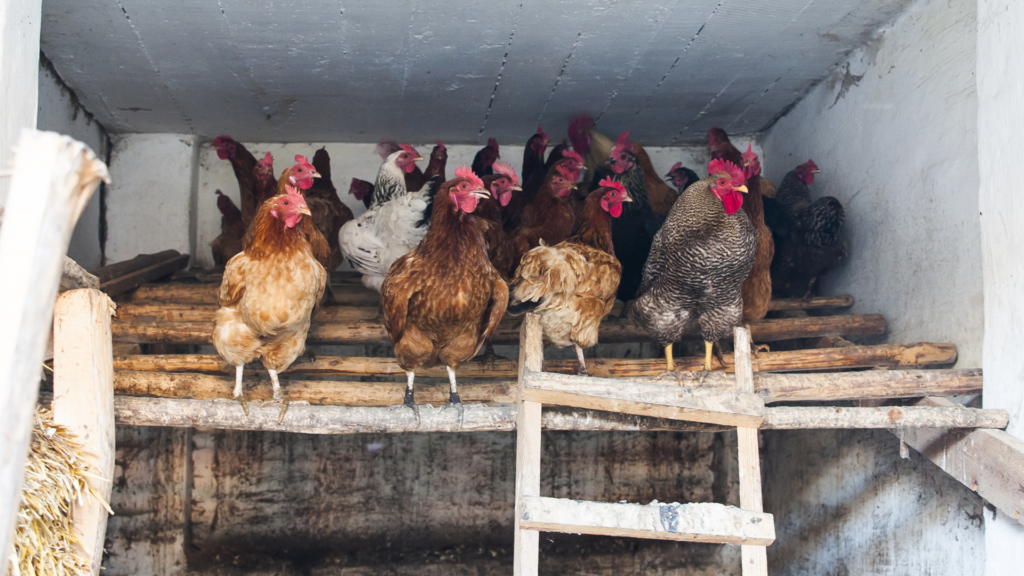
There are different types of calcium supplements available for chickens. The most commonly used ones include:
- Crushed Oyster Shells: Crushed oyster shells are a natural and readily available source of calcium. They are made from ground-up oyster shells and contain a high amount of calcium carbonate, the form of calcium easily utilized by chickens.
- Calcium Grit: Calcium grit is a mixture of small crushed stones and shells, providing calcium and essential minerals to chickens. It helps in the digestion of food, supports calcium absorption, and aids in the grinding of food in the chicken’s gizzard.
- Commercial Calcium Supplements: There are commercial calcium supplements specifically formulated for chickens available in the market. These supplements often come in the form of granules or powder, which can be easily added to the chickens’ feed.
- Crushed Egg Shells: An easy and inexpensive calcium supplement for chickens is their own eggshells. However, it is important to crush up the shells so that your chickens don’t recognize them as eggs. This will prevent them from pecking open and eating their own eggs.
Calcium Supplement Dosage Recommendations for Chickens
The appropriate dosage of calcium supplements for chickens depends on various factors such as age, breed, size, and reproductive status. It is essential to follow the manufacturer’s instructions or consult with a poultry expert or veterinarian for dosage recommendations specific to your flock. As a general guideline, calcium supplements can be provided free-choice in a separate container, allowing the chickens to consume them as needed.
Incorporating Calcium Supplements into a Chicken’s Diet
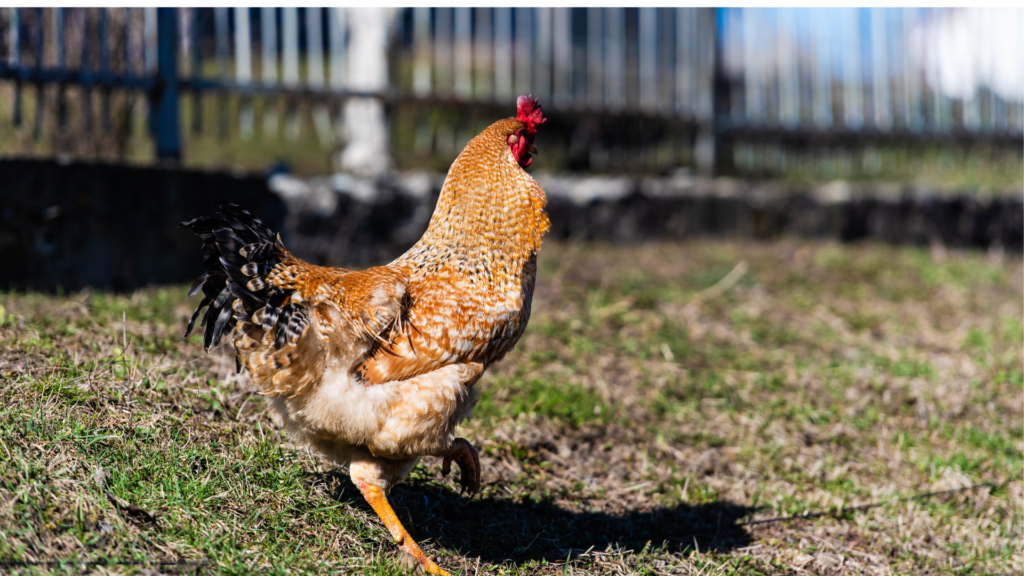
Free Choice
To ensure that chickens receive adequate calcium, it is important to incorporate calcium supplements into their diet effectively. You can place the calcium supplements in a separate container, ensuring that chickens have free-choice access to them. This allows them to regulate their intake according to their individual needs.
Mix the Chicken Calcium Supplement With Feed
If your backyard flock doesn’t eat the calcium suppleent on its own, you can mix the supplement in with feed. Follow the manufacturer’s instructions regarding the appropriate amount of supplement to add to the feed. This method ensures that chickens consume the necessary calcium along with their regular diet.
Offer a Variety of Calcium Sources to Your Flock
In addition to calcium supplements, provide chickens with a varied diet that includes calcium-rich foods. This can include crushed eggshells, leafy greens, dairy products like yogurt or cottage cheese, and certain seeds such as sesame or flaxseeds. A diverse diet helps to ensure that chickens receive a range of nutrients, including calcium.
Monitor Consumption
Keep an eye on the chickens’ consumption of calcium supplements. If you notice that they are not consuming enough, adjust the amount or try different forms of supplements to encourage intake. Similarly, if chickens are consuming excessive amounts, consider reducing the availability of supplements or consult a poultry expert for further guidance.
Adjust for Specific Life Stages
Different life stages of chickens have varying calcium requirements. For example, chicks and young chickens require more calcium for growth and development, while laying hens require increased calcium for egg production. Adjust the amount and type of calcium supplements accordingly to meet the specific needs of each stage.
| Life Stage | Calcium Supplement Dosage |
|---|---|
| Chicks (0-8 weeks) | 2-3% of their total feed intake |
| Growing Pullets (8-18 weeks) | 2-3% of their total feed intake |
| Laying Hens |
- First 4 weeks of laying | 4-5% of their total feed intake
- After 4 weeks of laying | 3-4% of their total feed intake Mature Non-Laying Hens | 2-3% of their total feed intake Roosters | 2-3% of their total feed intake
Please note that these are general guidelines, and the actual dosage may vary depending on factors such as the breed, size, and individual needs of the chickens. It’s always a good idea to consult with a poultry expert or veterinarian for precise dosage recommendations based on your specific flock’s requirements.
Consider Nutritional Balance
While calcium is crucial, it is important to maintain a balanced diet for your chickens. Ensure they receive adequate levels of other essential nutrients, including protein, vitamins, and minerals. A well-rounded diet supports overall health and maximizes the benefits of calcium supplementation.
Calcium: a Vital Mineal for Your Chickens
Calcium supplements can help ensure proper bone development, eggshell formation, and reproductive health. Whether using crushed oyster shells, calcium grit, or commercial supplements, incorporating these into the chickens’ diet offers numerous benefits.
However, remember to monitor intake, follow dosage recommendations, and maintain a balanced diet to optimize the effectiveness of calcium supplementation.
By prioritizing the calcium needs of your chickens, you contribute to their overall vitality and productivity, supporting their long-term health and well-being.
